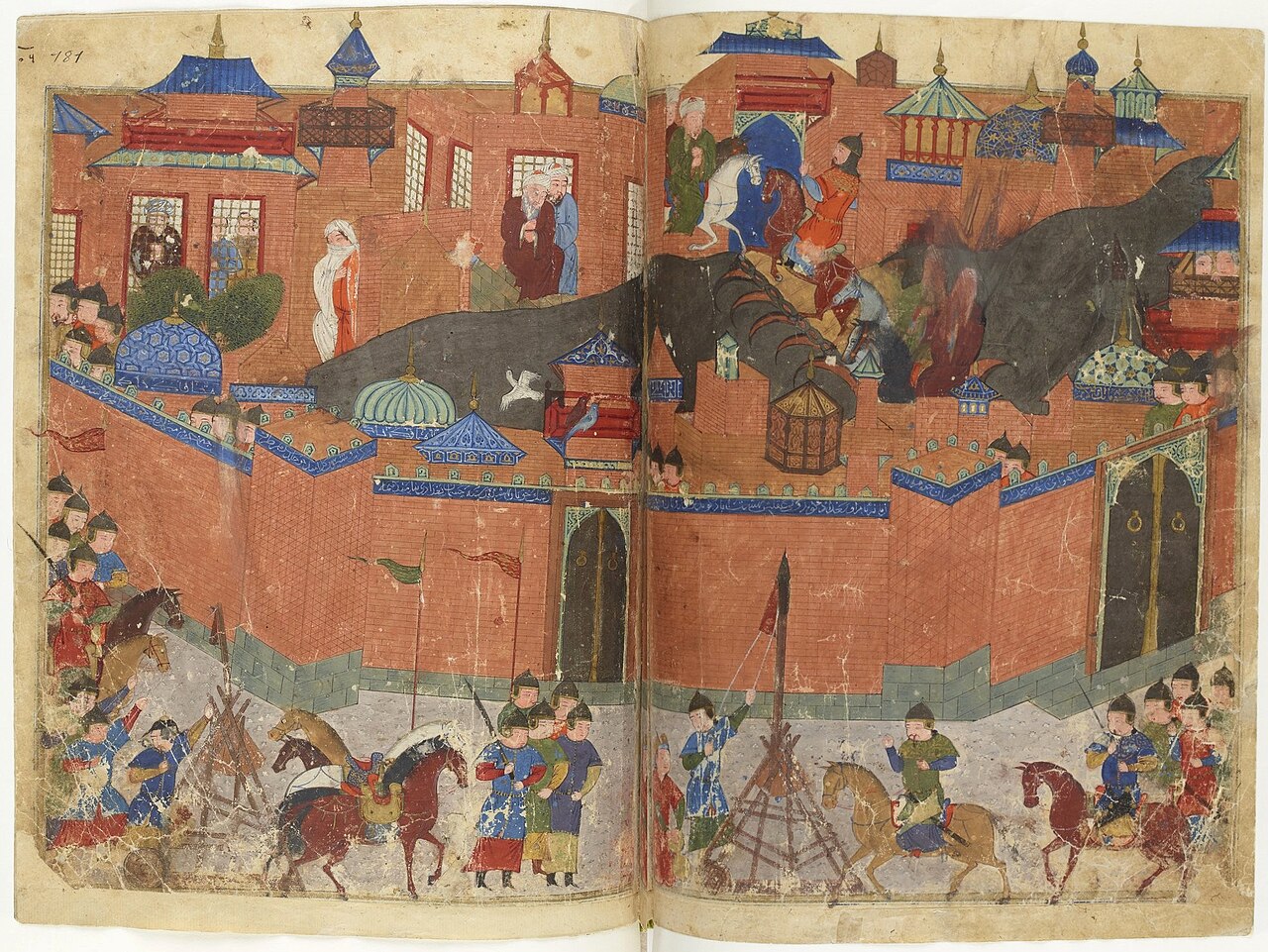This event is perhaps one of the most discussed topics in Islamic geography. The Mongol invasion (to Baghdad) is considered to have marked the end of an era in the Islamic world. Although some historians (Ilber Ortaylı) claim that this is exaggerated, it is generally agreed that the course of history was changed.
Historically speaking, the Mongol invasion of the Islamic world, like other invasions, shows how incapable and weak this structure actually was, with the collapse of a seemingly multi-systematic and orderly structure. The main reason why the Muslim world reacted to the event on this level is because it was believed that this period was the most intellectual and modern period that the Islamic world had reached. Although this is a very controversial issue, it is still accepted by most people.
This event caused some psychological processes in some Islamic world:
1. Cultural and Intellectual Destruction
Baghdad was known as a beacon of learning and culture, home to the House of Wisdom and countless scholars. The Mongol invasion led to the destruction of libraries and scholarly works, resulting in a significant intellectual and cultural loss. This destruction caused widespread despair among the Islamic intellectual community, leading to a sense of mourning for the lost knowledge and cultural heritage.
2. Collapse of Political Authority
The fall of Baghdad marked the end of the Abbasid caliphate, a central symbol of Islamic political unity and authority. The brutal execution of the caliph and the ensuing power vacuum left the Muslim world in a state of political disarray and instability. This event shook the confidence of the Muslim population in their political structures, leading to feelings of insecurity and uncertainty.
3. Religious and Spiritual Crisis
For many in the Islamic world, the Mongol invasion was interpreted as divine punishment or a severe test of faith. The widespread destruction of religious sites and the massacre of religious scholars and leaders exacerbated this spiritual crisis. Believers grappled with questions about divine will and their faith, leading to a period of religious introspection and reassessment.
4. Social and Economic Disruption
The invasion caused massive social and economic upheaval. The destruction of Baghdad’s infrastructure and the massive loss of life led to a breakdown in social order and economic activity. Survivors faced severe hardships that contributed to long-term psychological stress and trauma. The community faced the challenges of rebuilding their lives amidst the ruins of their city.
5. Enduring collective trauma
The events of 1258 left an indelible mark on the collective memory of the Islamic world. Historical records and literary works from the period reflect a deep sense of grief, loss, and longing for recovery. This collective trauma shaped the historical consciousness of subsequent generations, influencing their views on resilience and recovery in the face of catastrophic events.

No responses yet